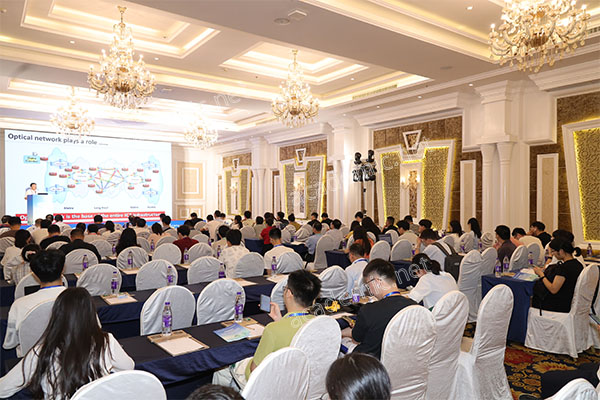Upcoming University Research Gatherings 2025: Join In

Why Attend University Research Gatherings?
-
Networking: Connect with peers, potential collaborators, and thought leaders from universities worldwide.
-
Collaboration: Engage in interdisciplinary discussions that can lead to groundbreaking research projects.
-
Learning: Stay updated with the latest research, methodologies, and trends in your field.
-
Presentation: Share your own research findings, receive feedback, and gain recognition.
-
Career Opportunities: Discover job opportunities, grants, and funding possibilities.
Key University Research Gatherings in 2025
While specific details are not available yet, here are some key areas and themes to anticipate:
-
Interdisciplinary Research: Events that bring together researchers from different fields to foster collaboration and innovation.
-
Emerging Technologies: Gatherings focusing on cutting-edge technologies like AI, blockchain, quantum computing, and more.
-
Sustainability and Climate Change: Symposia addressing environmental issues, sustainable development, and policy.
-
Health and Medicine: Symposiums for medical research, public health, and healthcare policy.
-
Education and Learning: Events on pedagogy, educational technology, and policy implementation.
How to Find University Research Gatherings
-
Visit academic.net: This platform provides up-to-date information on university research gatherings, including announcements, call for papers, and registration details.
-
University Announcements: Check with your university's research office or department for symposium listings relevant to your area of study.
-
Professional Associations: Many academic disciplines have professional associations that list university events on their websites. Look for your field's association or society.
-
Journals and Publications: Keep an eye on academic journals or publications in your field for event announcements or special issues related to gatherings.
-
Social Media and Online Forums: Follow academics, researchers, and event organizers on platforms like X (formerly Twitter), LinkedIn, or academic.net for real-time updates.
Tips for Maximizing Your Experience
-
Plan Ahead: Mark your calendar with key dates and deadlines. Early registration often offers discounts.
-
Prepare Your Research: Start preparing your research findings well in advance, whether for an abstract, full paper, or presentation.
-
Network: Use academic.net and other platforms to start networking with attendees and speakers before the event.
-
Travel and Accommodation: Book early to secure the best deals and ensure your travel arrangements are in place.
-
Stay Updated: Regularly check for updates on event websites, newsletters, or academic.net for any changes or additional opportunities.
How to Engage and Contribute
-
Submit Abstracts: Craft compelling abstracts that succinctly describe your research, its significance, and findings. Submit them early to increase your chances of acceptance.
-
Prepare Presentations: If your abstract is accepted, prepare your presentation or poster session to ensure clarity and engagement.
-
Engage in Discussions: Attend sessions, participate in Q&A, and engage in discussions to contribute to the collective knowledge base.
-
Seek Feedback: Be open to feedback and use it to refine and improve your research.
By staying informed and proactive, you can engage with the top university research gatherings in 2025. Whether it's for career advancement, learning, or networking, these events are your gateway to academic collaboration and innovation. Don't miss out; start planning now!
